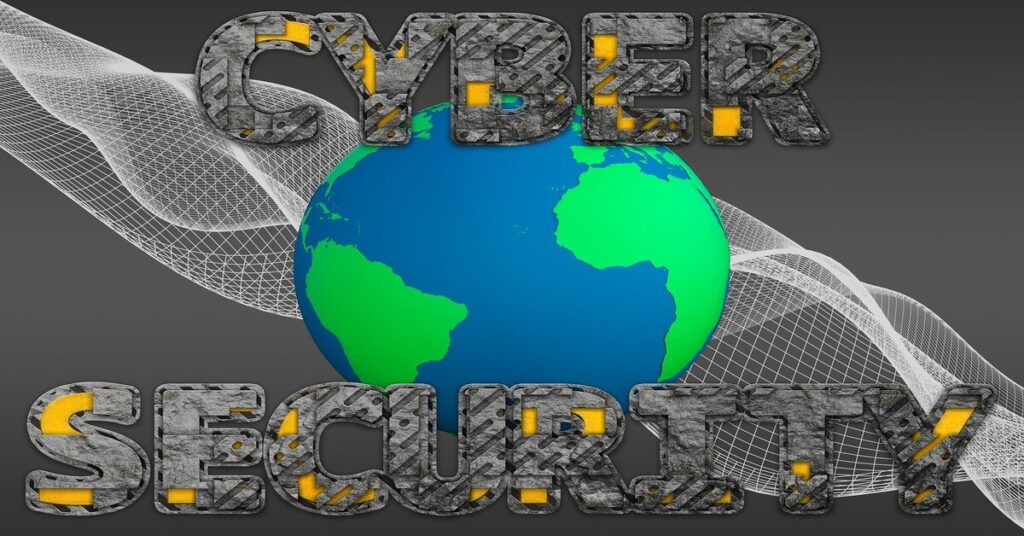If you’re considering a career in cybersecurity, you’re probably wondering what makes this field so special. The truth is, cybersecurity isn’t just another job—it’s a dynamic, fast-paced, and rewarding profession that offers endless opportunities for growth and impact.
Whether you’re preparing for an interview question, writing an essay, or simply exploring your options, understanding what makes cybersecurity exciting can help you make an informed decision.
Table of Contents
ToggleWhy Cybersecurity? Key Reasons to Consider This Career Path
1. Every Day Brings New Challenges
Cybersecurity is never boring. With new threats emerging daily, you’ll constantly face fresh puzzles to solve. From ransomware attacks to phishing scams, the landscape is always evolving.
Example: Imagine analyzing a malware sample in the morning and stopping a data breach by afternoon. That’s a typical day for many cybersecurity professionals.
How to Get Started:
- Try free labs on TryHackMe or Hack The Box
- Learn networking basics with Cisco’s free courses
2. High Demand & Job Security
The shortage of cybersecurity professionals means companies are eager to hire. With 3.5 million unfilled jobs worldwide, your skills will always be in demand.
Salary Insights:
- Entry-level roles: 60,000–60,000–80,000
- Mid-career (e.g., Security Analyst): 90,000–90,000–120,000
- Senior roles (e.g., CISO): $150,000+
Top Certifications to Boost Your Career:
- CompTIA Security+ (Beginner)
- Certified Ethical Hacker (CEH) (Intermediate)
- CISSP (Advanced)
3. Make a Real-World Impact
Cybersecurity isn’t just about fixing computers—it’s about protecting people.
Real-World Impact Examples:
- Preventing hospital ransomware attacks that could endanger patients
- Securing banking systems to stop financial fraud
- Defending government agencies from cyber espionage
Quote from a Pro:
“Stopping a hacker feels like saving lives. When I secured a school’s network from a breach, I knew this career was worth it.”
4. Work from Anywhere
Many cybersecurity jobs offer remote work flexibility. Whether you’re a SOC Analyst or a Penetration Tester, you can often work from home—or even while traveling.
Popular Remote Roles:
- Security Consultant
- Threat Intelligence Analyst
- Incident Responder
Where to Find Remote Jobs:
5. No Strict Degree Requirements
Unlike some fields, you don’t need a 4-year degree to break into cybersecurity. Many professionals start with:
- Certifications (e.g., Security+, CEH)
- Bootcamps (e.g., Flatiron School)
- Self-study (free resources like Cybrary)
Success Story:
“I transitioned from retail to cybersecurity in 6 months by earning my Security+ and networking on LinkedIn.”
How to Answer: “What Interests You About Cybersecurity?”
Whether in an interview, essay, or Reddit discussion, structure your answer with:
- Personal Motivation
- “I’ve always loved solving puzzles, and cybersecurity is the ultimate challenge.”
- Industry Awareness
- “After reading about the SolarWinds hack, I knew I wanted to help prevent such attacks.”
- Career Goals
- “I’m excited to specialize in cloud security as more businesses migrate online.”
Next Steps: Launching Your Cybersecurity Career
- Learn the Basics
- Take Google’s Cybersecurity Certificate
- Study the NIST Cybersecurity Framework
- Get Hands-On Experience
- Participate in Capture The Flag (CTF) competitions
- Set up a home lab with VirtualBox
- Network & Apply
- Join r/cybersecurity on Reddit
- Attend local cybersecurity meetups
Final Thought
Cybersecurity offers job security, high pay, and the chance to make a difference. Whether you’re drawn to ethical hacking, digital forensics, or security policy, there’s a path for you.
Ready to start? Download our free Cybersecurity Career Roadmap today!
“The best time to get into cybersecurity was yesterday. The second-best time is now.”
Key Takeaways
✅ High demand = job security
💰 Great salaries at all levels
🌍 Remote work opportunities
🎓 No degree required to start
🛡️ Protect people & businesses

